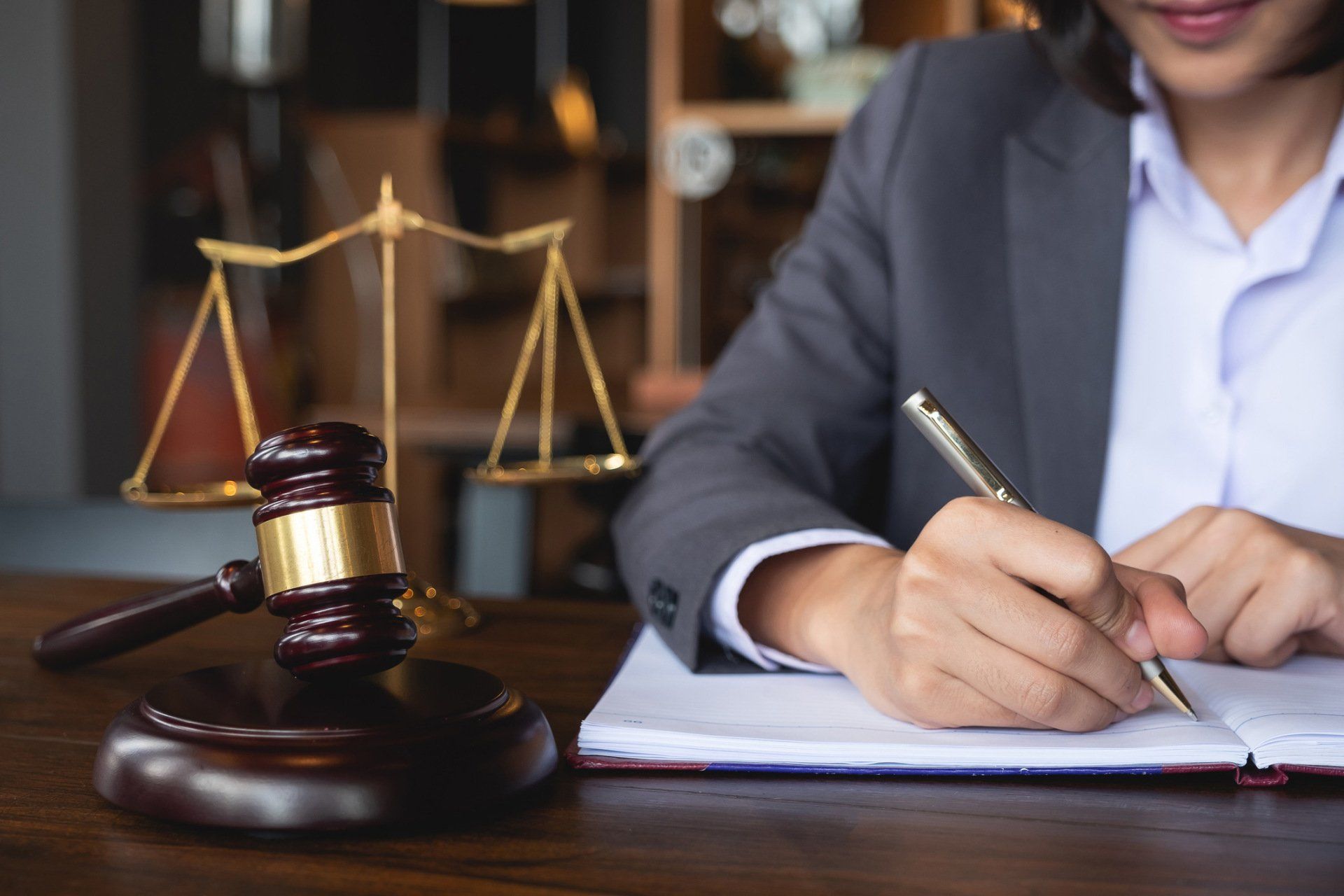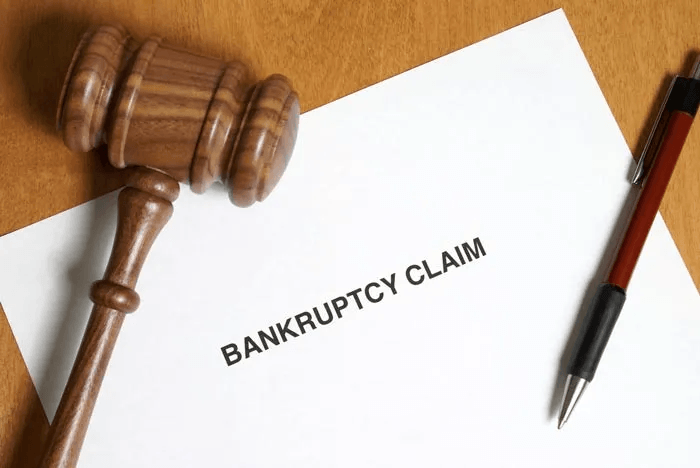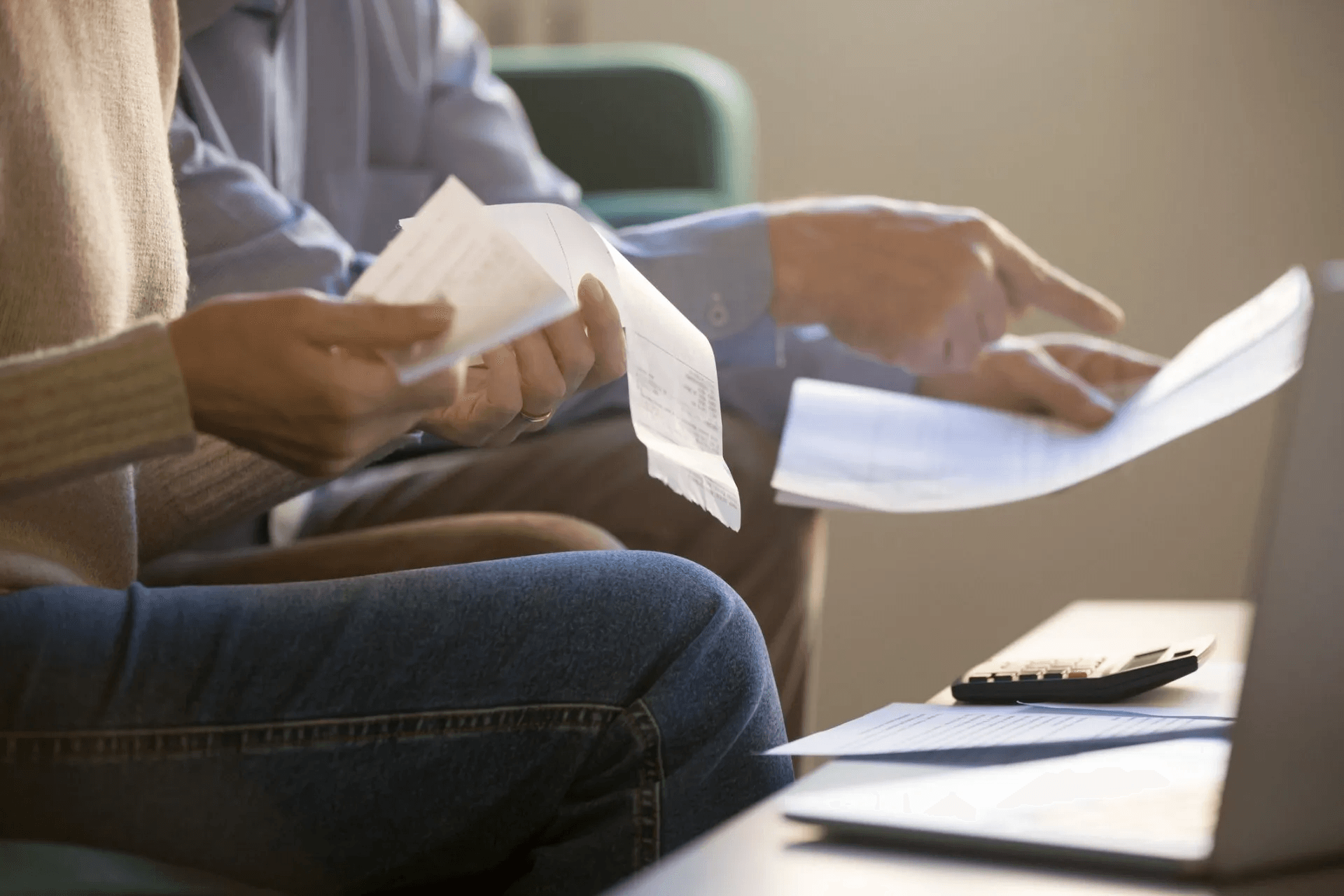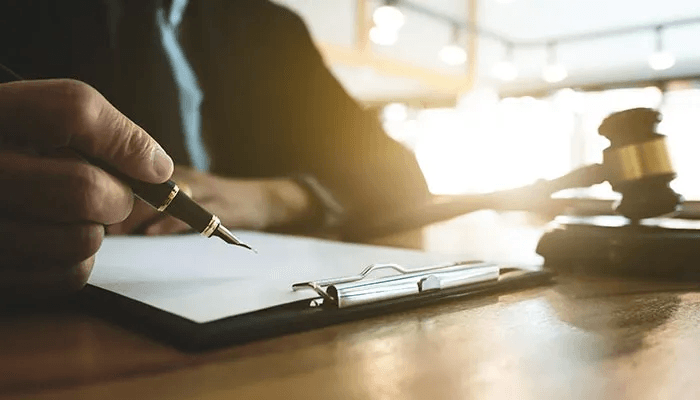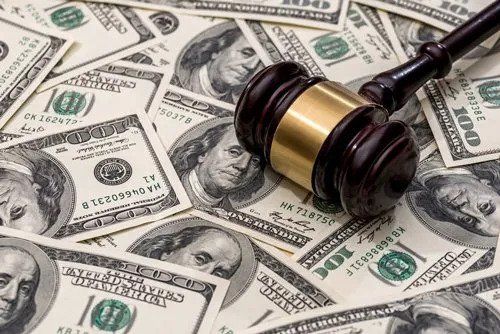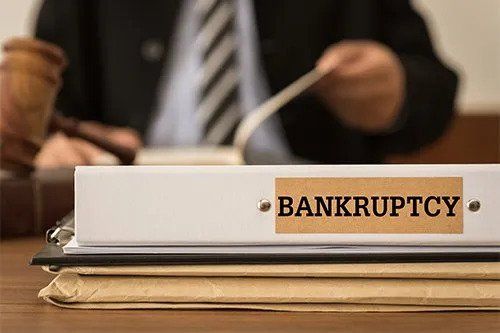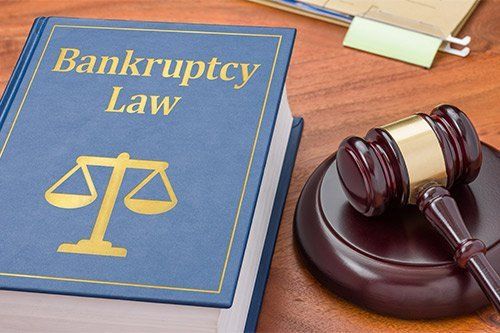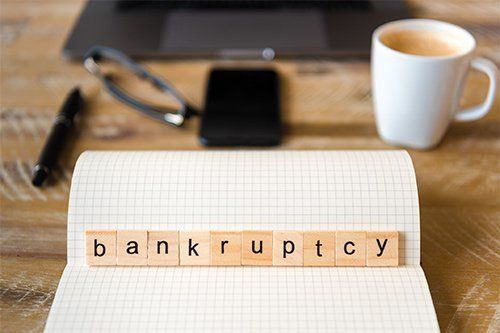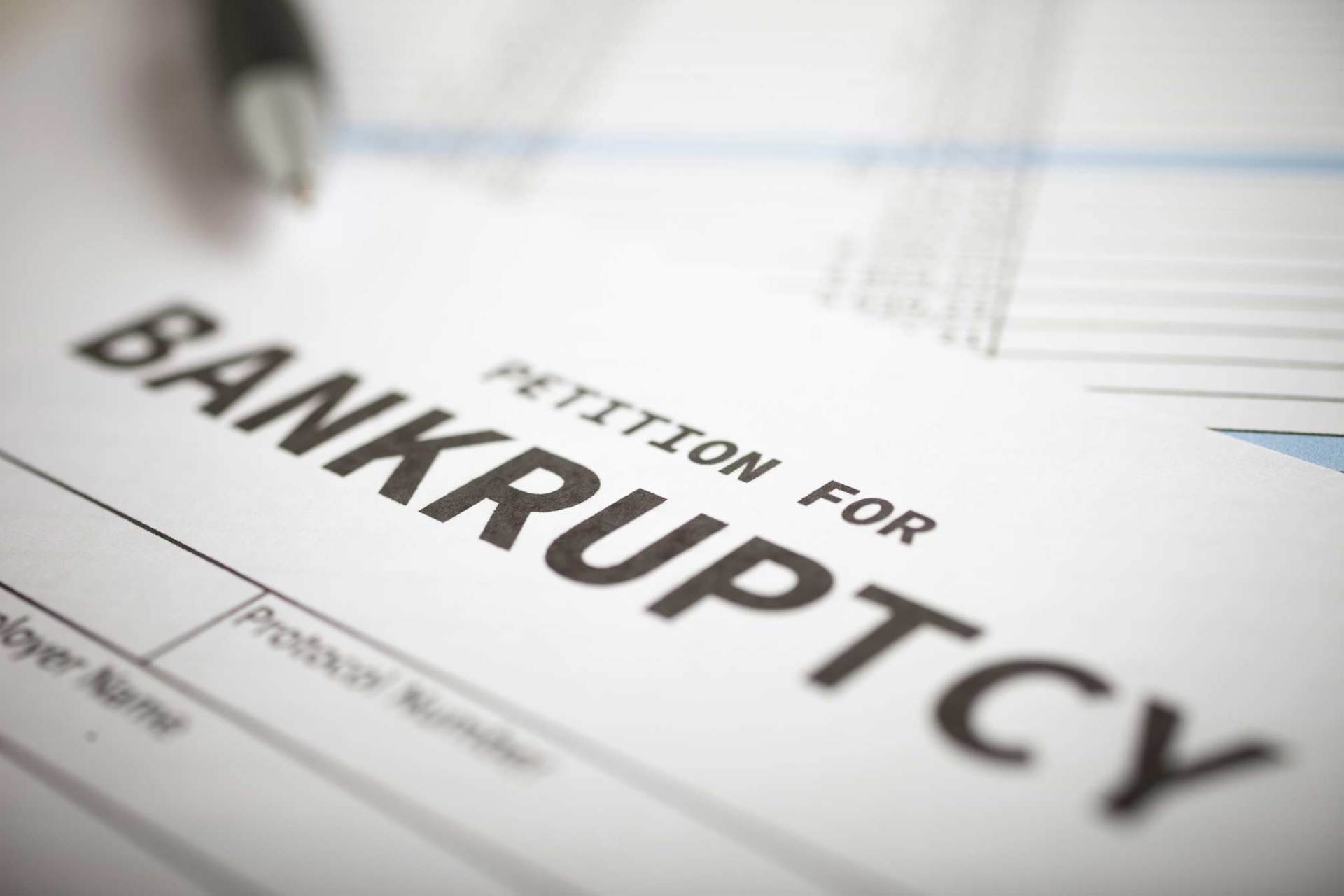FREE INITIAL CONSULTATION TO FIND OUT IF BANKRUPTCY IS RIGHT FOR YOU.
Blog Layout
Top Things to Consider Before You File for Bankruptcy
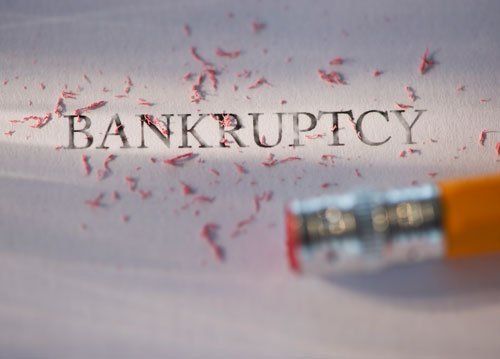
You need to consider a lot of different factors before you file for bankruptcy. Read this blog to learn the top things you should consider.
Filing for bankruptcy is a huge decision and event, and it is not something you should rush into. In fact, you should thoroughly consider a lot of different things before you file. Here are four main things for you to evaluate about bankruptcy.
Is There Another Way Out?
One of the requirements you must follow before filing for bankruptcy is taking a credit counseling course, and you can do this online or in a classroom. While this course will teach you a lot of things, one main topic it teaches is alternatives to bankruptcy.
The reason for this is to educate people about bankruptcy, its effects and its consequences, and to show people that alternatives are available. If you can find an alternative option that will help you get out of debt, it is worth looking into. Bankruptcy definitely has pros, but it also has cons, so you should make sure you really need it before you go through with filing.
What Types of Relief Would It Offer You?
A second thing to factor in is the types of relief bankruptcy would offer to you and your financial situation, and you will need to speak with a lawyer to find this out. One type of relief you will receive after filing is relief from creditor harassment.
As soon as a person files, the court notifies all the person's creditors. When the creditors find out a person filed, they are legally prohibited from contacting the person. This relief is called an automatic stay, and it is something everyone receives after filing for bankruptcy.
Secondly, you might receive relief from your credit card debts and other types of unsecured debts. If you file under the Chapter 7 branch, you will likely receive a discharge for all these debts, leaving you owing nothing on them. If you file for Chapter 13, you may have to repay them, but you probably would not have to repay 100% of the balances owed.
You can also receive relief in other ways. For example, if you are facing a foreclosure of your home, you could file for Chapter 13 and put the foreclosure to a halt. Chapter 13 offers the type of relief that gives you time to repay past-due debts and balances without dealing with creditors contacting you.
What Consequences Will You Face?
In addition, you will need to consider the consequences of bankruptcy before you file, simply so that you are completely aware of what these are. Bankruptcy has several main consequences, including a decrease in your credit score. Not only will your score decrease, but you will also face the negative bankruptcy post on your report for up to 10 years.
Secondly, you take the risk of losing assets when you file for Chapter 7 bankruptcy. Additional consequences also exist, and you should find these out before you file.
Which Branch Would Be the Best for You?
After evaluating the first three things, you will then need to consider which branch you should use for your personal situation. A lawyer will examine your full situation, including your income and every debt you owe. Through this examination, the lawyer will determine which branch to recommend for you.
This recommendation will be based on which branches you qualify for and which branch would give you more relief from the debts that you currently owe.
These four issues are all things you must consider before you file for bankruptcy. Additionally, you should not make any decisions without talking to a bankruptcy lawyer about your unique situation. Contact us today at The McMaster Law Firm, LLC
for help.
← Older Post
FREE Initial Consultation
Thank you for contacting us.
We will get back to you as soon as possible.
We will get back to you as soon as possible.
Oops, there was an error sending your message.
Please try again later.
Please try again later.
BROWSE OUR WEBSITE
CONTACT INFORMATION
Phone:
864-232-1550
Toll Free:
800-615-6050
Address:
8 Williams St. Greenville, SC 29601
Since 1996, Gina McMaster has been helping people like you file for Chapter 7 and Chapter 13 bankruptcy relief.
OUR LOCATION
Content, including images, displayed on this website is protected by copyright laws. Downloading, republication, retransmission or reproduction of content on this website is strictly prohibited. Terms of Use
| Privacy Policy

